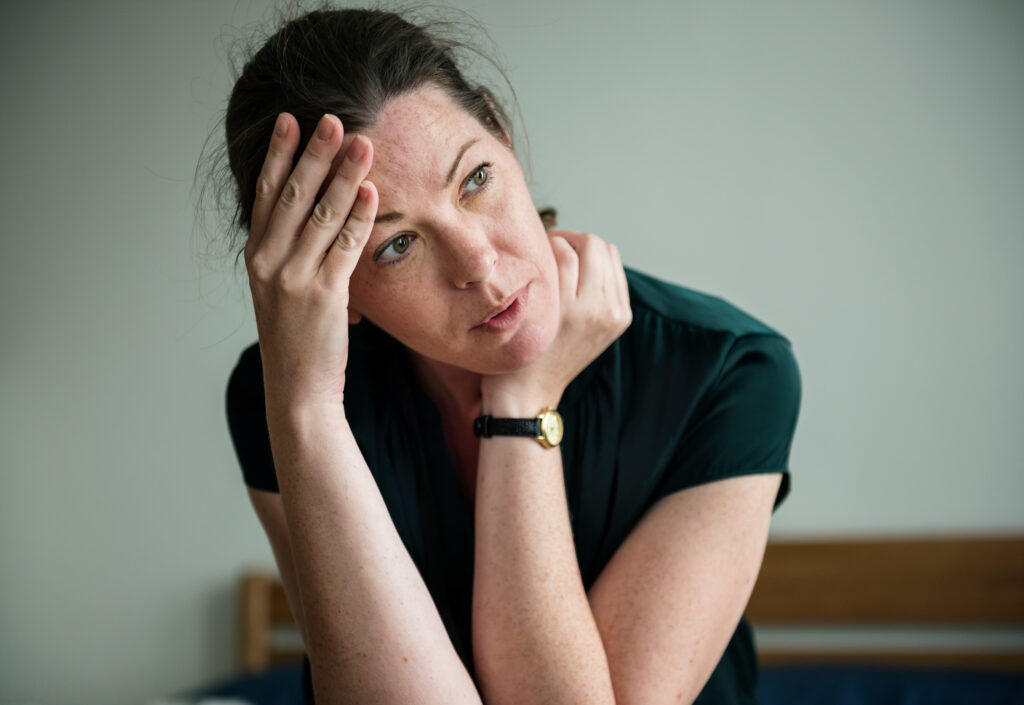Despite being one of the richest countries in the world, the UK struggled to attend to the emotional and mental wellbeing of the long-term ill. Science and medicine have allowed us to make great strides in dealing with the physical symptoms of long-term illness. How we handle the mental and emotional health of patients has not kept pace. Consequently our approach to the mental and emotional health of the army of volunteer carers lags even further behind.
Carers: the forgotten volunteers
The decision to become a carer can bring with it significant rewards. Equally it brings with it significant challenges and burdens. Physical, mental and emotional burdens that often place a massive strain on relationships.
Carers often choose to take on responsibility out of love for their spouse, partner, parent or child. With focus typically placed on the sufferer, the wellbeing of the carer can become nothing more than an after thought. For those who feel they have no other choice but to care for a loved one, the situation in many respects is no different.
The impact of chronic illness on carers is slowly gaining more attention. Cancer charity MacMillan leads the way in holistic treatment of both carers and those suffering from cancer. The emotional and mental health of both parties is just as important as the treatment for the physical cancer itself. This the kind of best practice that we believe should be the rule, not the exception.
Carer mental health

Chronic long-term illness turns the lives of sufferers upside down. The same is the case for carers. Life will change and potentially change in dramatic fashion. Carers often talk about ‘good days’ and ‘bad days’ which in itself represents a massive adjustment. The health of their loved one now dictates their plans and decisions. Each day is examined in its own right in order to determine if it will be a day of hope or sadness. Living a life where you have to learn to do what you can, when you can requires an almost Herculean effort. It will come as no surprise that feelings of resentment, anger and guilt surface regularly for long-term carers.
There is a whole raft of emotional issues that carers face, often completely alone. Fear and anxiety over the future, depression, loneliness and feelings of severe isolation are commonplace. The existence of financial pressures only heightens these emotions. Leading to what carers would consider their greatest fear: the fear of being unable to care for their loved one.
Asking for help
Carers are in effect looking after two people: their loved one and themselves. Viewing themselves as the strong one, they typically sacrifice themselves for their loved one. The physical, emotional and mental health of the carer is therefore left unsupported.
Asking for help is not a sign of weakness or of being disloyal. If carers can share their difficulties with friends/family or professionals – and not allow pride to get in the way – they are ultimately helping their loved one. A carer burned out by their burdens will struggle to care for their loved one suffering from long-term illness.
Accessing professional help can allow carers to understand their fears and worries, manage their emotions and challenge the circumstances of isolation that so often become part of caring. Irrevocable damage need not be done to the loved one-carer relationship, nor the relationships between carers and their family and friends.
Are you a long-term carer?
The Spark offers face-to-face, telephone and online Skype counselling for individuals struggling with relationship issues. Whether you need to talk to about being a carer or are feeling fear, anxiety or guilt The Spark can help.
To talk about your options complete an enquiry form and we will get back in touch.
Asking for help is not a sign of weakness.

